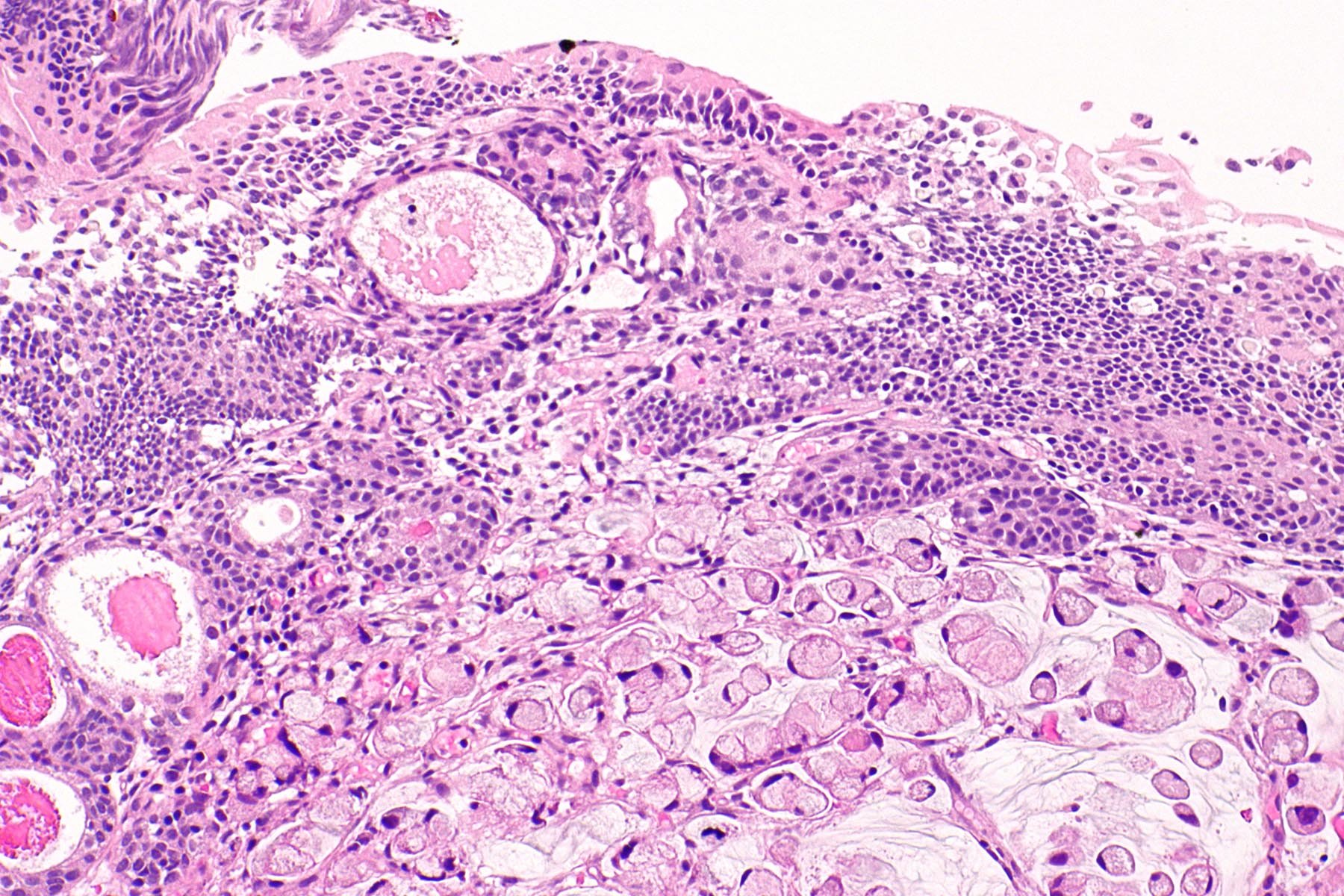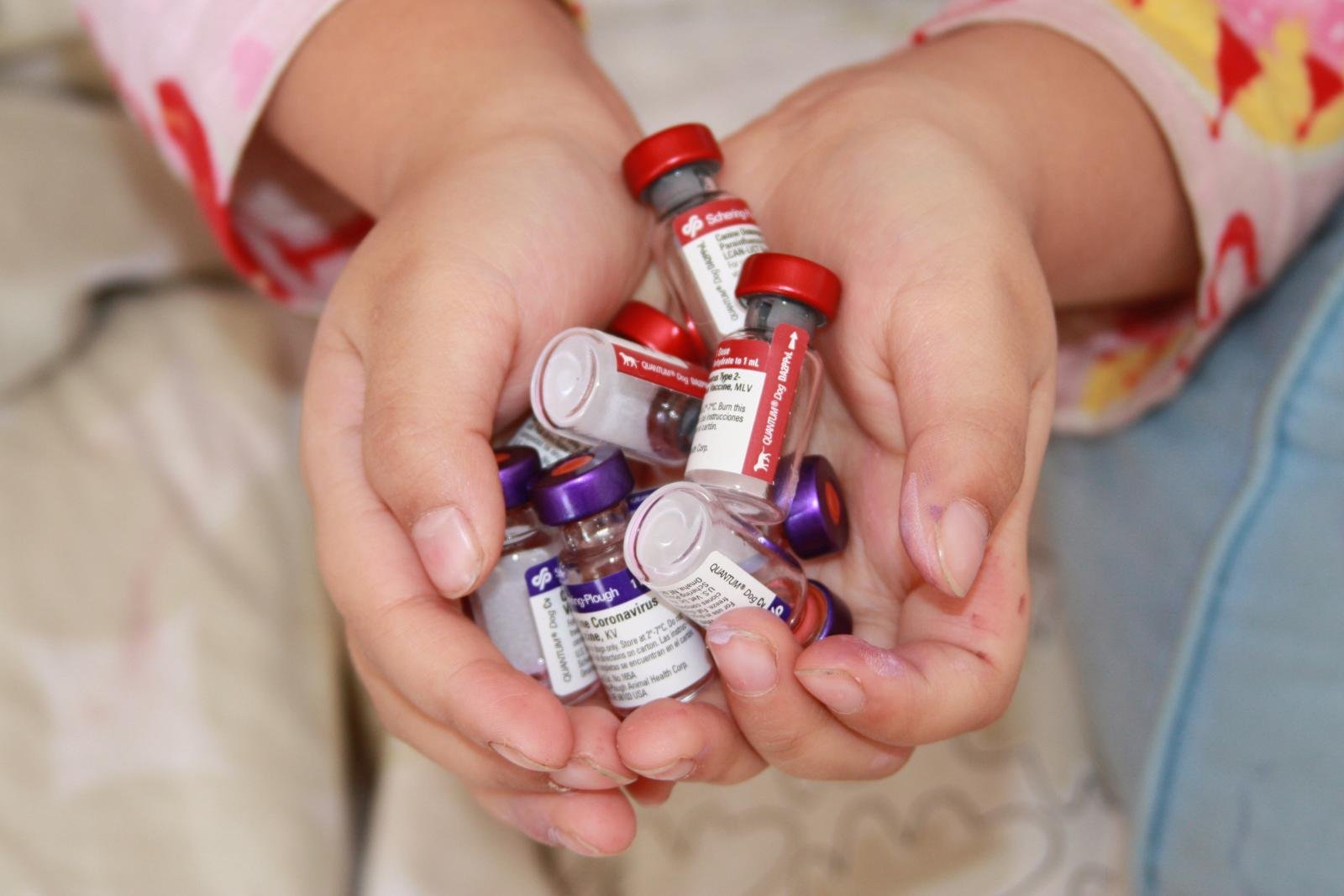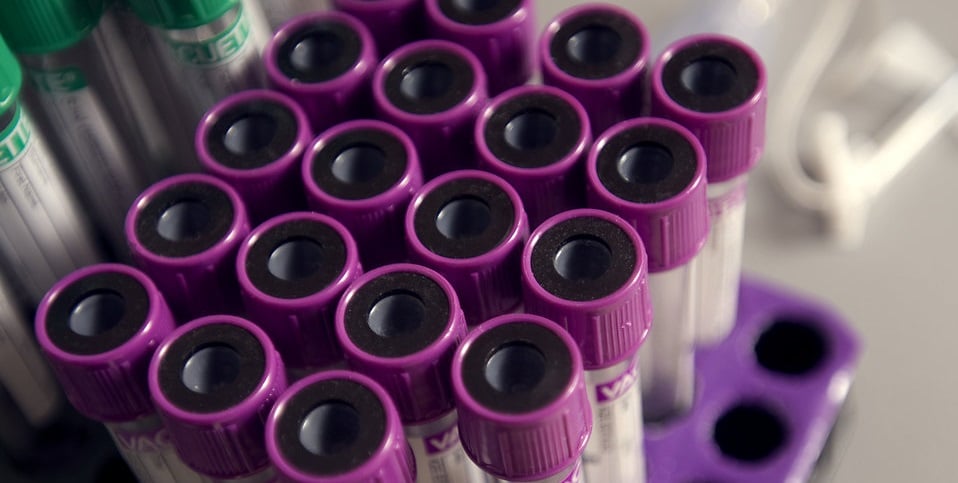Family’s grief sparks a quest for better bladder cancer cures
‘Invasive and uncomfortable’ prodedures for detecting if someone has bladder cancer could be replaced by urine tests that not only screen for the presence of the disease but also help doctors choose the right course of treatment for a particular patient. ‘Our lives literally came to a stop when my mother was diagnosed with cancer,’ said … Read more






